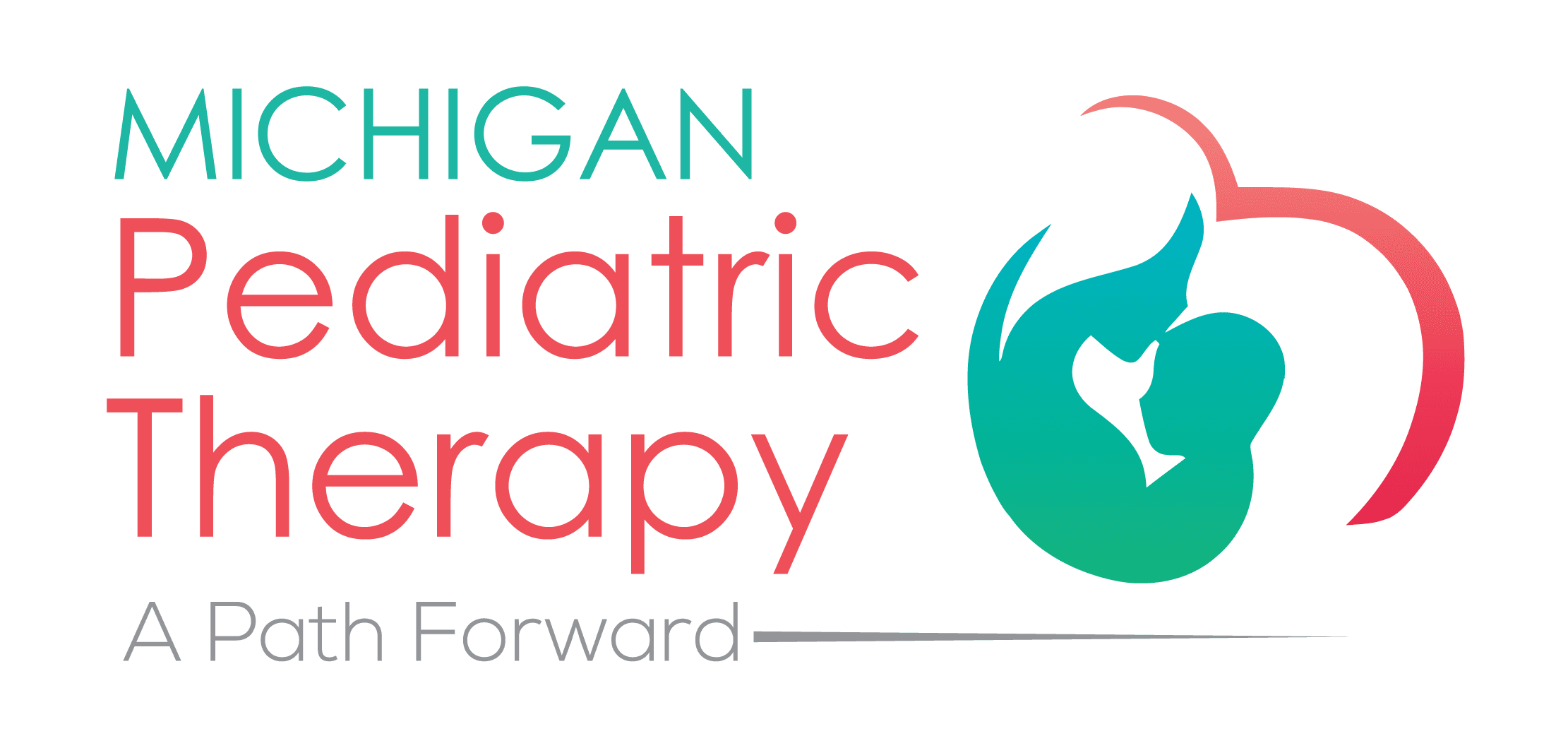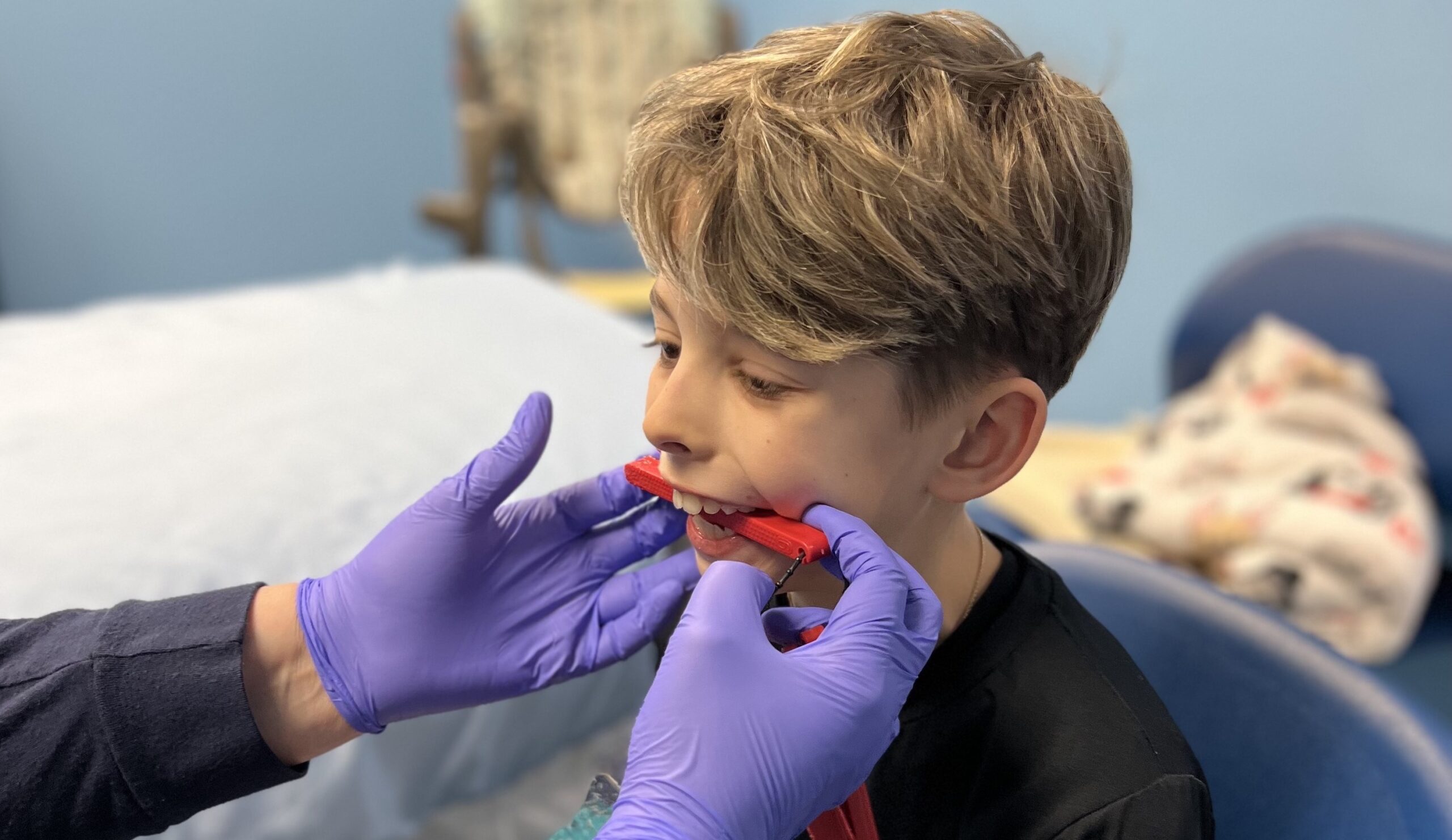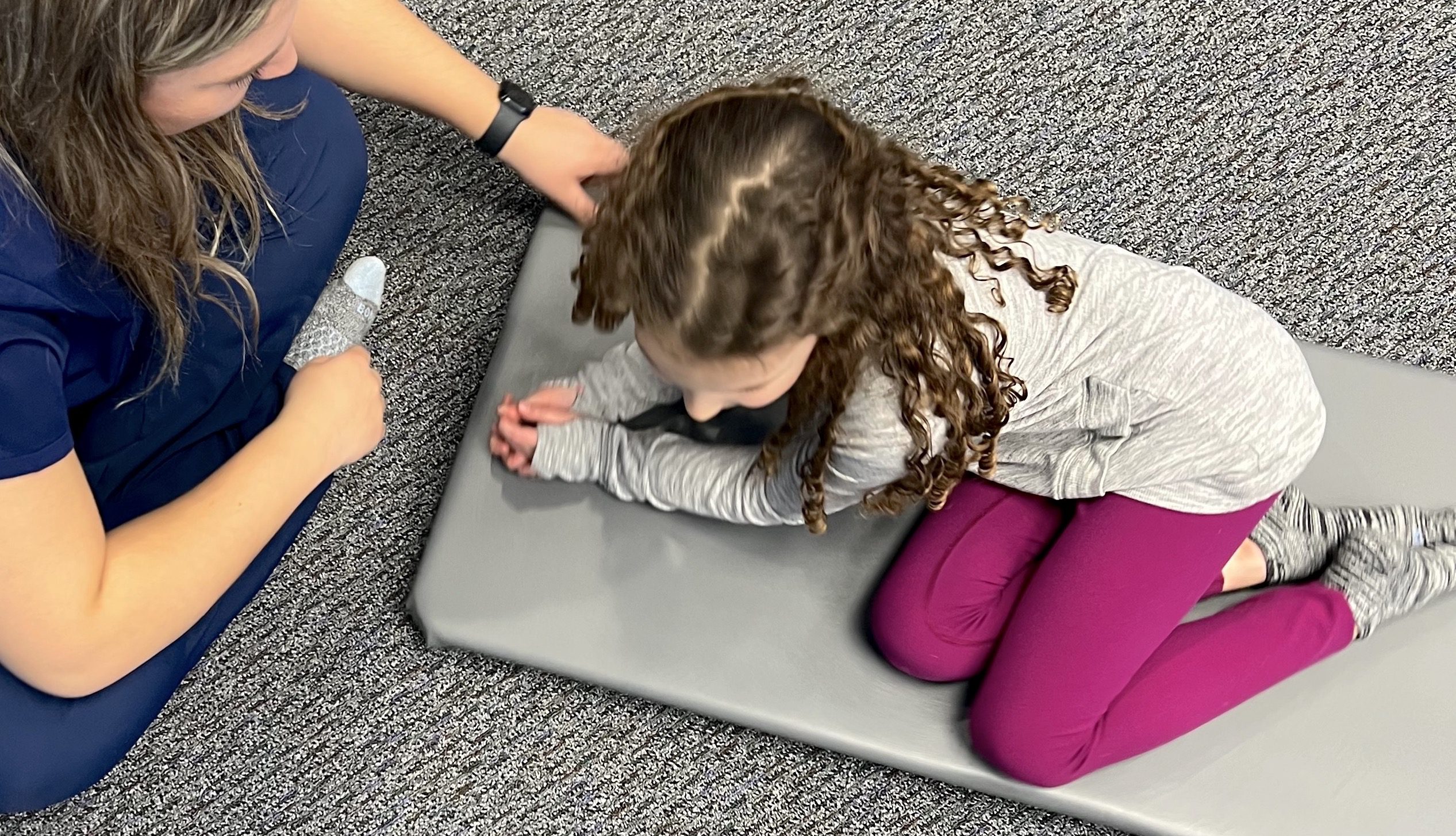Pediatric Occupational Therapy (OT)
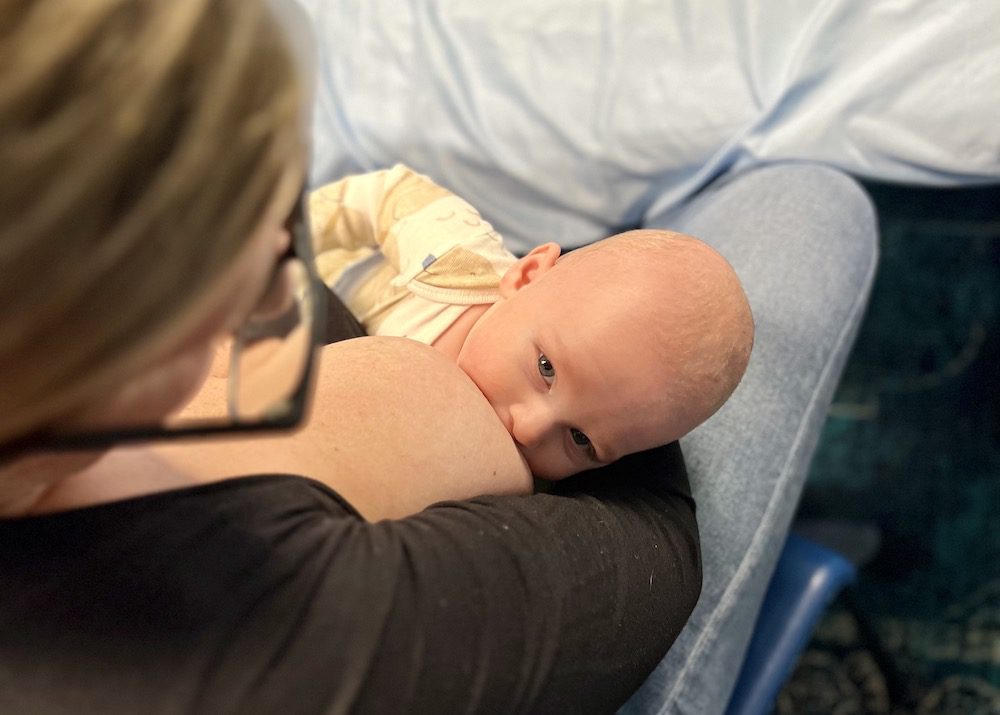
Michigan Pediatric Therapy offers comprehensive occupational therapy services tailored to meet the unique needs of children across various developmental stages. Through evidence-based interventions, personalized treatment plans, and a compassionate approach, we aim to enhance children’s motor skills, sensory integration, and overall independence. Whether your child requires support in handwriting, feeding difficulties, social skills, or sensory sensitivities, our therapy sessions are designed to promote growth and development.
Our journey begins…
with a comprehensive evaluation, an intricate exploration of a child’s unique occupational landscape. We embark on a meticulous analysis, discerning each child’s strengths and areas of deficit with utmost precision.
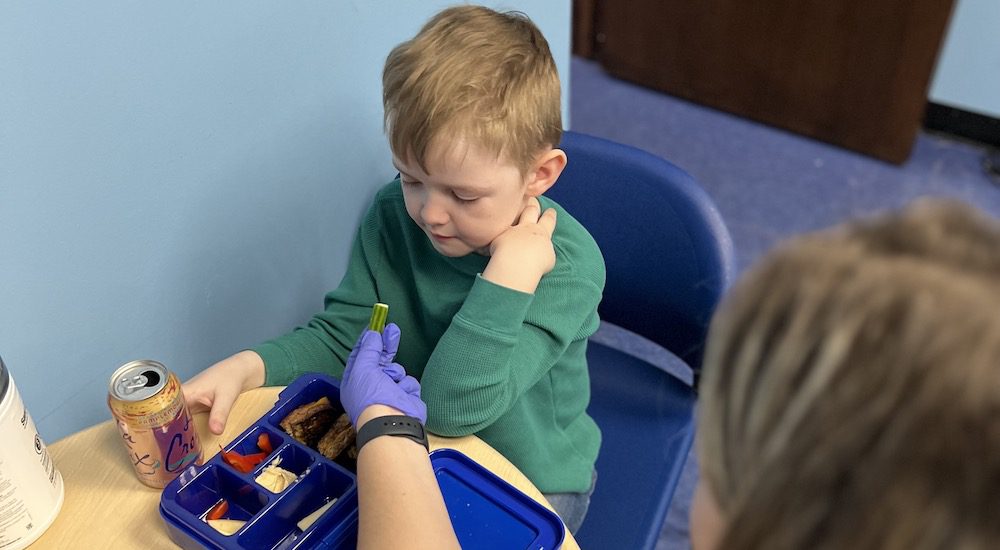
Who Can Benefit From Occupational Therapy
Pediatric occupational therapy can benefit a wide range of children with various needs and challenges. Here are some categories of children who can benefit.
Children with:
Sensory Processing Disorders (SPD)
Occupational therapy can help children with sensory challenges, including hypersensitivity or hyposensitivity to sensory stimuli, by providing sensory integration techniques to improve their responses to sensory input.
Sensory-Based Feeding Issues & Picky Eating
We work with these children to address sensory sensitivities related to taste, texture, and smell, helping them expand their food choices and develop better eating habits. By employing various techniques and strategies, occupational therapy can turn mealtimes into positive and enjoyable experiences for both the child and their family.
Breastfeeding & Bottle Feeding Difficulties
We provide support for infants facing challenges with latching, suck-swallow-breathe coordination, oral motor skills, and sensory sensitivities during breastfeeding and bottle feeding.
Here’s a testimonial from a former patient: “They [Michigan Pediatric Therapy] saved our breastfeeding relationship and helped him [my son] to strive!!”
Tongue Tie
We assist children with tongue ties (tethered oral tissues (TOTs)), addressing feeding difficulties, speech challenges, and oral motor coordination issues associated with this condition.
Autism Spectrum Disorder (ASD)
Occupational therapy can assist children with ASD in developing essential life skills, improving social interaction, and managing sensory sensitivities, promoting independence and better quality of life.
Attention Deficit Hyperactivity Disorder (ADHD)
Occupational therapy can teach children with ADHD skills to improve focus, attention, and self-regulation, helping them succeed in school and social environments.
Learning Disabilities
Occupational therapy can support children with learning difficulties by addressing fine motor skills, visual-motor integration, and handwriting, which are crucial for academic success.
Motor Coordination Challenges (Developmental Coordination Disorder/Dyspraxia)
Occupational therapy can enhance gross and fine motor skills, improving coordination and motor planning, making daily activities and sports more manageable.
Physical Disabilities/Deficits
Occupational therapy can help children with physical disabilities or deficits gain independence in activities of daily living, mobility, and adaptive equipment use, improving their overall quality of life.
Behavioral or Emotional Challenges
Occupational therapy can teach coping strategies, self-regulation techniques, and social skills, enabling children to manage emotions and behaviors effectively.
Fine Motor Delays
Occupational therapy can assist children struggling with handwriting, scissor use, buttoning, and other fine motor skills, improving their dexterity and precision.
Traumatic Experiences
Occupational therapy can help children cope with trauma by teaching relaxation techniques, emotional regulation skills, and enhancing self-esteem and self-confidence.
It’s important to note that each child is unique, and occupational therapy interventions are customized based on individual needs and goals. Whether a child faces developmental challenges, physical disabilities, or emotional struggles, occupational therapy can be tailored to provide targeted support and enhance your child’s overall quality of life.
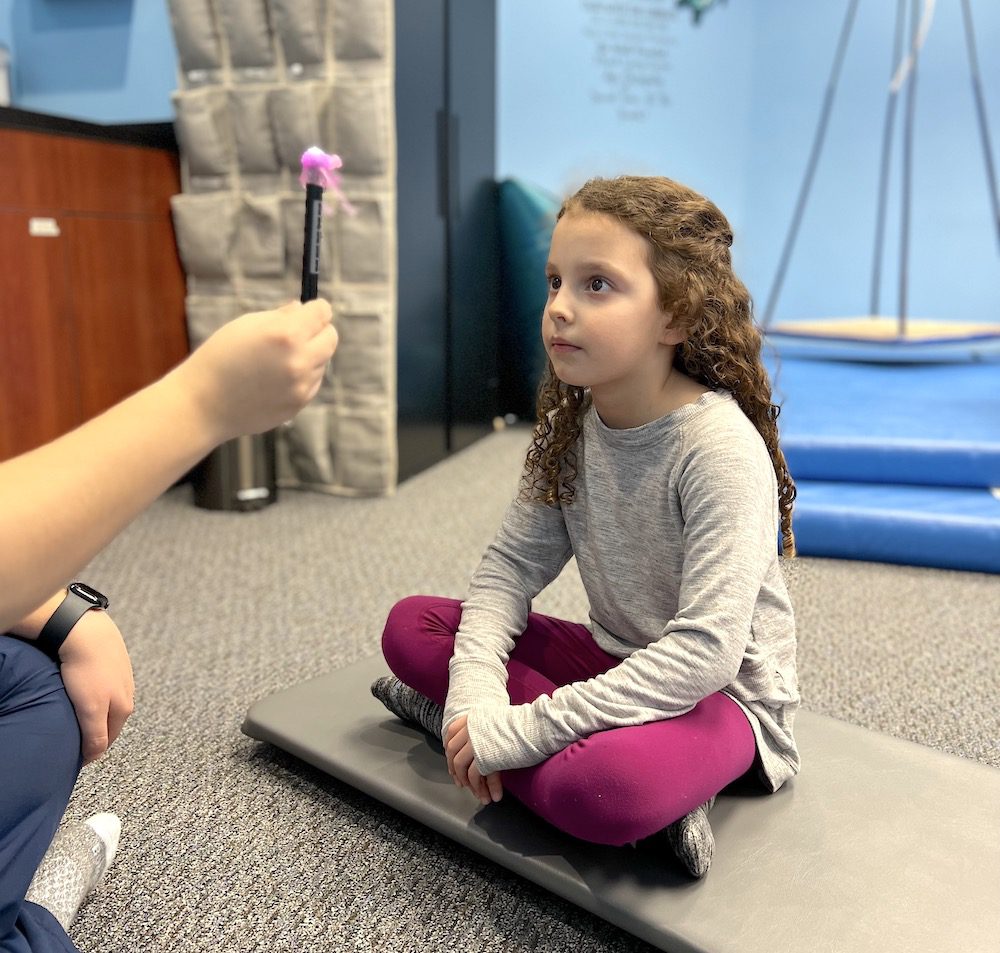
Your First Appointment
We’ll go through multiple assessments with you and your child and create a goal-based treatment plan and home programming regimen in order to put your child on a positive path forward.
Read What Our Clients Are Saying
![]()
How We Help
In our pursuit of optimal functionality, we target a myriad of essential domains:
Sensory Function
Reflex Integration
Fine Motor Skills
Visual Motor Skills
Oral Motor Skills
Self-Care Skills
Perceptual Motor Skills
Range of Motion
Behavioral Challenges and Processing Issues
Through a nuanced understanding, we navigate behavioral challenges arising from processing issues, fostering emotional regulation and social engagement.
Coordination Challenges
Our Pediatric Occupational Therapy Services
Schedule an Appointment Today
(248) 939-4030
We strive to answer your questions, address the issues you are facing, and enhance the quality of your life. Everyone’s treatment varies because we are all different. Your individualized treatment will always be structured to meet 𝘺𝘰𝘶𝘳 needs and enhance 𝘺𝘰𝘶𝘳 wellness.
Healing Insights and Therapeutic Wisdom
Smooth Travels, Happy Kids: Navigating Vacations with Picky Eaters and Sensory Sensitivities
The thought of a family vacation often conjures up images of fun, relaxation, and making lasting...
Understanding Pediatric Myofunctional Therapy: How It Helps Your Child Thrive
As parents and caregivers, we want our children to grow, thrive, and meet every developmental...
Splash into Summer: Sensory Integration Ideas for Kids with Occupational Therapy
Summer is the perfect time for kids to play, explore, and grow—and when it comes to children with...
